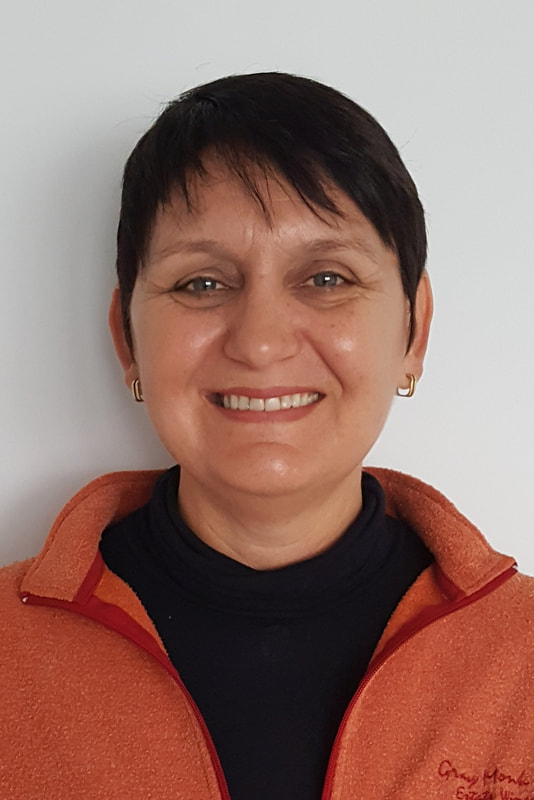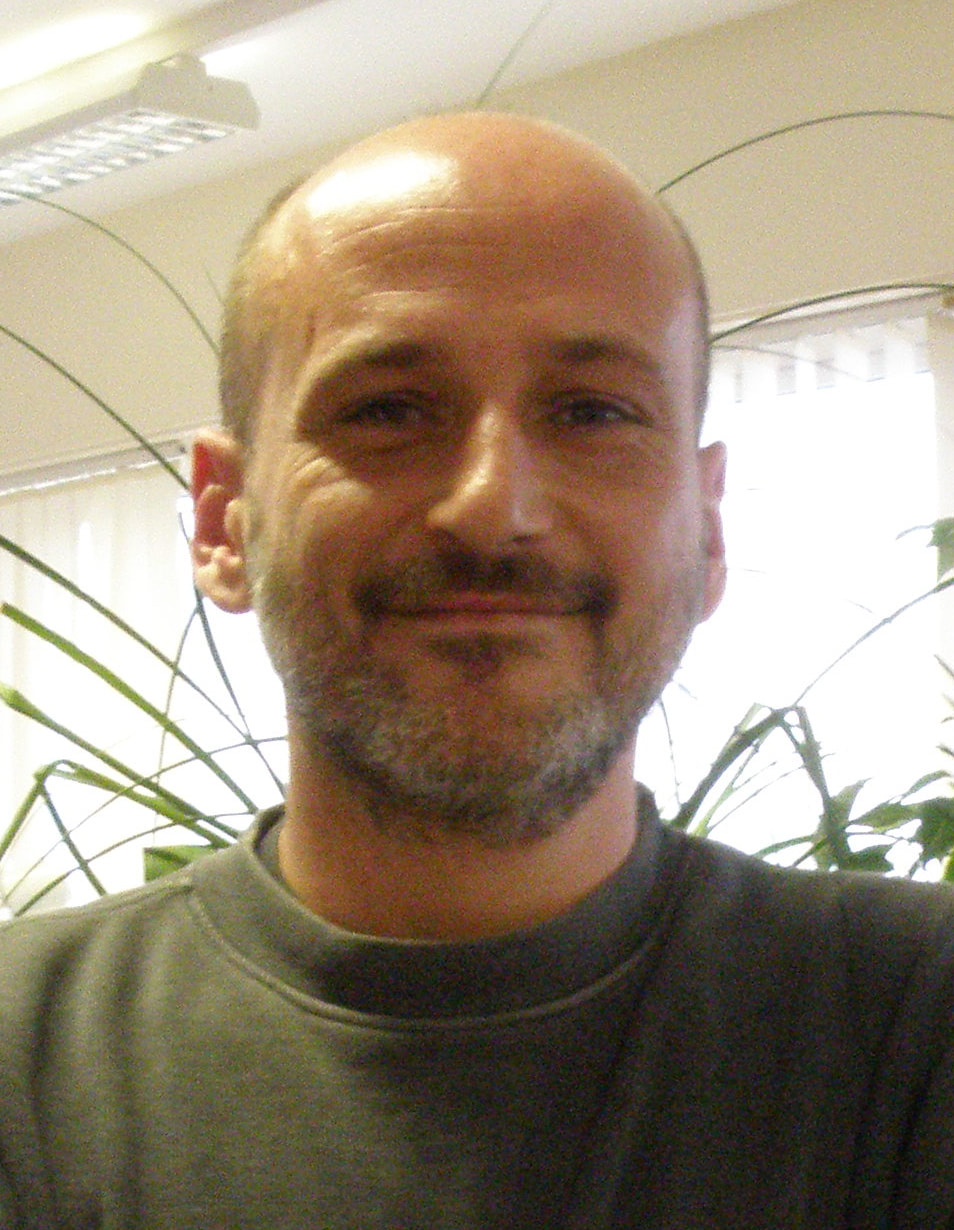AMEMR 2020 Keynote Presenters
We are pleased to announce the exciting line up of keynote speakers for AMEMR 2020. Keynotes will open each theme throughout the conference.
|
Sheila Heymans
European Marine Board Prof Sheila JJ Heymans (FRSB) is the Executive Director of the European Marine Board and Professor in Ecosystem Modelling at the Scottish Association for Marine Science and the University of the Highlands and Islands in Scotland. She holds a PhD in Zoology from the University of Port Elizabeth (now Nelson Mandela University) in South Africa. She has 30 years’ experience in research on the environmental impacts of ecosystem change. She is the lead editor of the European Marine Board documents and has published > 70 peer-reviewed publications on a variety of topics ranging from the ecosystem effects of fishing, indicators of ecosystem status and the reasons for species decline in the Atlantic and Pacific Oceans. She has a background in ecosystem modelling approaches such as Ecopath with Ecosim and Ecological Network Analysis and has used and taught both techniques extensively since 1993. See her google scholar profile here. |
|
Per J Hansen
University of Copenhagen, Marine Biological Section, Department of Biology Per Juel Hansen is a Professor at the Biological Institute, University of Copenhagen. He is leading a research group on the biology and ecology of marine protists. He has more than 30 years of experience on many different aspects of marine protistan functional biology, physiology and ecology. Current research topics include: 1) The chemical ecology of toxic marine microalgae; exploring the adaptive significance of toxin production and excretion and how algal toxins may structure plankton communities and production, 2) Effects of changes in pH and CO2 on plankton species succession and productivity in coastal waters, and finally 3) Functional biology and physiology of marine mixotrophs with focus on dinoflagellates, ciliates, and haptophytes. |
|
Moritz Mathis
Helmholtz-Zentrum Hereon, Institute of Coastal Systems Moritz Mathis studied Naval Architecture at the Technical University Hamburg-Harburg with a main interest in computational fluid dynamics and marine engineering. His work at Max-Planck-Institute for Meteorology has looked at the application of various high-resolution downscaling model systems to advance our understanding about the complex dynamics of the Northwest European Shelf region and its large-scale driving mechanisms. Particular focus of his work is laid on coupled air-sea interaction processes and physical and biogeochemical exchange processes between the shelf and the open Northeast Atlantic. He further collaborated in interdisciplinary projects to assess and improve the predictive understanding of changes in the trophodynamic structure and functioning within the North Sea relative to different drivers of ecosystem change. His scientific findings entered the North Sea Climate Change Assessment report NOSCCA. Recently he joined the Helmholtz-Zentrum Hereon to contribute to the development of ICON-coast, a global earth system model with regional grid refinement, which he considers an innovative and powerful tool to explore the climatic and oceanic response of shelf and marginal sea areas to increasing atmospheric greenhouse gas concentrations. |
|
Stefano Ciavatta
Plymouth Marine Laboratory Dr Stefano Ciavatta is a Senior Scientist at the Plymouth Marine Laboratory and member of the UK National Centre for Earth Observations. His main scientific activity is the development and assessment of biogeochemical data assimilation systems, to improve the understanding and simulation of marine ecosystems. He applies data assimilation also to time series models, to investigate the trend and seasonal cycle of marine biogeochemical data, and to understand changes in the plankton trophic dynamics. Other areas of research and application are the sensitivity/uncertainty analysis of marine system models and the statistical analysis of water quality monitoring data. |




